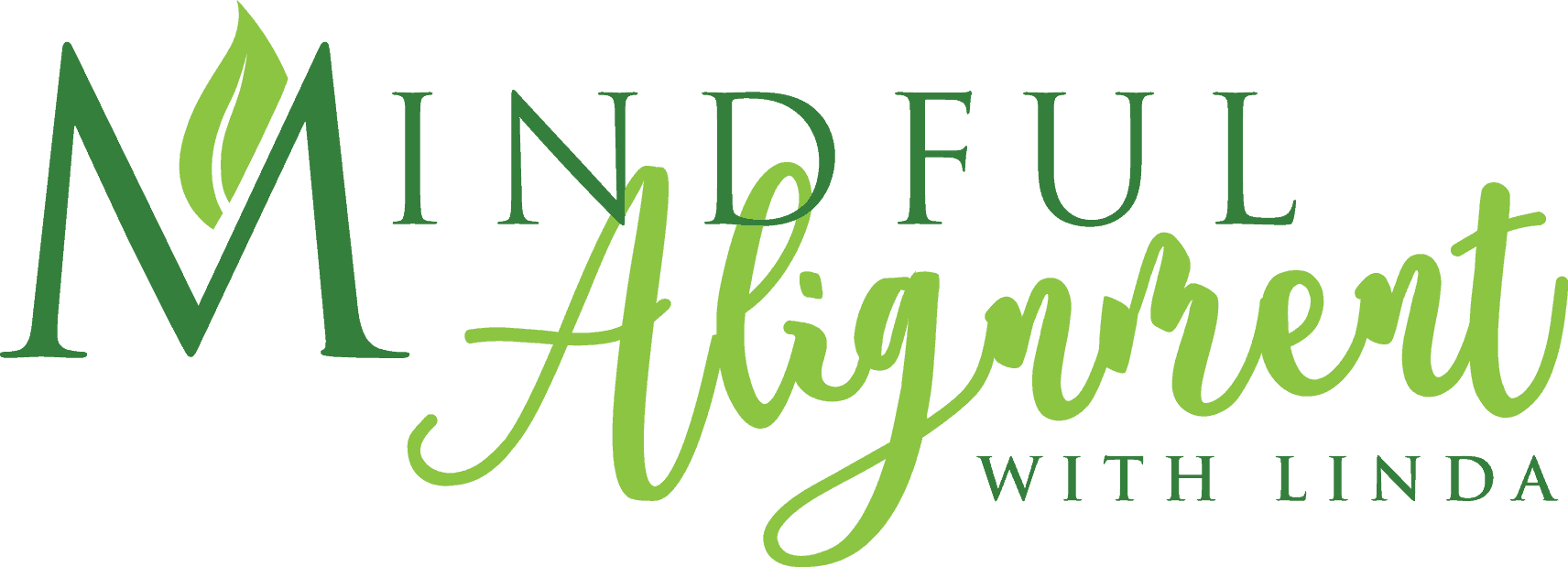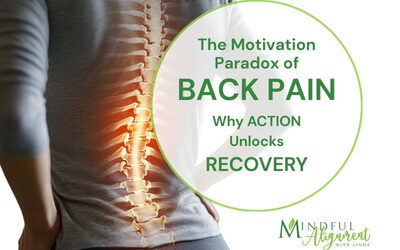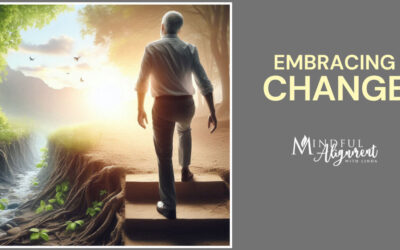How Yoga Improves Awareness
And Why Awareness is Important
“There is only one time that is important – NOW! It is the most important time because it is the only time that we have any power.” ~Leo Tolstoy
How often do you complete a task without even thinking about it?
Routine tasks like brushing your teeth or making breakfast can be completed without much thought. Chances are that you have climbed the stairs in your house so many times that you could do it with your eyes closed. (Don’t try this without holding the handrail.)
I often find myself exiting my driveway and turning in the same direction, even if I need to go in the other direction. Is that habit, or am I just being mindless or both?
There is comfort in doing the same thing the same way. It allows one to dual-purpose brainpower to accomplish other thinking that requires more attention. It also allows us an opportunity to complete more tasks because we are multi-tasking.
That same mindless state sometimes exists when one exercises or practices yoga
Here, the mindlessness occurs because one is doing the same movements that are familiar or routine.
Yoga is a well-developed practice for moving, flexing, strengthening, and breathing. But there is more. Practicing yoga may also improve interoception and proprioception.
Interoception: is a sense that gives us information about the internal condition of our body. That includes bodily sensations like tense muscles and emotions. This sense also helps us get in touch with and manage the way we feel. Yoga can help answer the question, “how do I feel right now?” Poor interception can affect blood pressure, pain, anxiety, and resilience.
Proprioception: gives one a deep sense of where their body is in space. This connection helps with movement, position, location, and limb positioning. Proprioception is necessary for balance, agility, and coordination — all essential components of walking and moving for an active life.
The benefits in my personal teachings
As a yoga teacher, I encourage awareness about how the body is moving and where you are in space at that moment (proprioception) and how it feels right now (interoception). For example, noticing where one is experiencing tightness or unevenness is a clue to what is going on in one’s daily life – meaningful information about potentially bad habits that might lead to unexpected pain and other discomforts.
For example, when there is tightness on one side of the body, one may be leaning to one side. Just a little leaning is enough to cause the rest of the body to adjust to compensate. However, even one compensation may trigger a misalignment elsewhere.
When our quad muscles (also known as thighs) are tight, the knee caps are usually pulling up, changing the spacing inside the knee. This small change can, over time, lead to arthritis in that knee. There is also more strain on the hip flexors, which could lead to hip pain and/or, eventually, even hip replacement.
Early awareness of any imbalances or tightness is an opportunity for you to recognize and correct a risky situation before it causes pain. However, one can’t optimize one’s awareness when moving mindlessly.
Yoga enhances the development of awareness and the capacity to feel sensations in the body, helping us to live more in the present, thereby reducing stress and improving sleep.
A study published in Psychiatry Research found that being ‘mindful’ can improve the gray matter in one’s brain, improving learning and memory. Yoga was mentioned as increasing mindfulness.
SUMMARY: Yoga increases interoception and proprioception, helping you to re-connect with one’s self, both physically and mentally.
Are you interested in trying yoga to regain the physical freedom you once had? Sign up for one of my online yoga classes. It’s a great way to give it a try and find out if yoga is something you would enjoy.
Related Articles:
The Motivation Paradox: Action is the Catalyst for Healing Back Pain
Discover the Motivation Paradox of Back Pain—why waiting for motivation keeps you stuck and how action is the true catalyst for healing. Learn science-backed strategies to break the pain cycle and reclaim mobility.
Transform Back Pain Anxiety: From Uncertainty to Empowerment
Discover how to navigate pain anxiety with empowerment. Embrace uncertainty and reclaim your healing journey through mindfulness and resilience.
Transforming Your Relationship with Back Pain: A Mindset Revolution
Back pain is more than a physical challenge—it's a profound psychological journey. The real battle isn't just in your muscles and joints, but in your mind. Your thoughts can either be a prison or a pathway to healing. Reframing Your Inner Narrative When chronic pain...
Embracing Change: A Journey of Small Steps
Embracing change through small steps: Focusing on small, consistent steps emphasizes sustainability and avoids overwhelming change, which is key to maintaining health goals.




